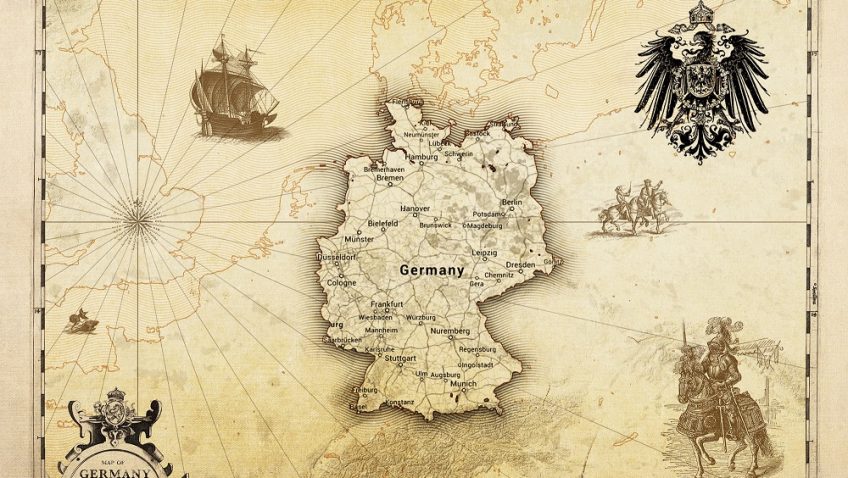At the end of the nineteenth century, Friedrich Ratzel totally renewed geography and geopolitical analysis. This thinker draws a comparison between nature and environment on one side, and States and human societies on the other. In other words, he added to geography a fundamental element : human beings. Consequently, this contribution that deeply modified the way thinkers used to analyze the world. Thus, for Ratzel, knowledge of Puritan immigrants from New England is more important to understanding this region than the relief of it.
Darwin, with his theory of evolution, has much influenced Ratzel. The latter indeed compares States to biological organisms. These organisms are growing or declining on a temporal scale. Finally, the State is subject to the same influences as any other life. This assertion obviously implies that boundaries are the expression of an organic and inorganic movement.
Ratzel’s thought, very broad and complex, resists simplification. Karl Haushofer later took up this theories, which he used to develop the Lebensraum (living space) concept. However, his piece of work could not be reduced to this aspect. On colonialism, Ratzel defended the idea that he could establish himself in Africa to form a Mittelafrika rather than a Grossdeutschland, a strategy adopted by the German general staff in 1914 against the Allied colonies. However the Third Reich, after 1933, implemented the opposite position : the expansion in Europe to the detriment of Slavs and Latins. Nevertheless, Ratzel’s colonialist will, which must be replaced by the opinions of the time, was based on more uncertain concepts. In his theory, he opposed the ” peoples of nature ” (Naturvolker) to the ” peoples of culture ” (Kulturvolker). The latter have the right to occupy the territories of the former to civilize them.
To conclude, doesn’t this theory pave the way to hard racism and rough expansion?








